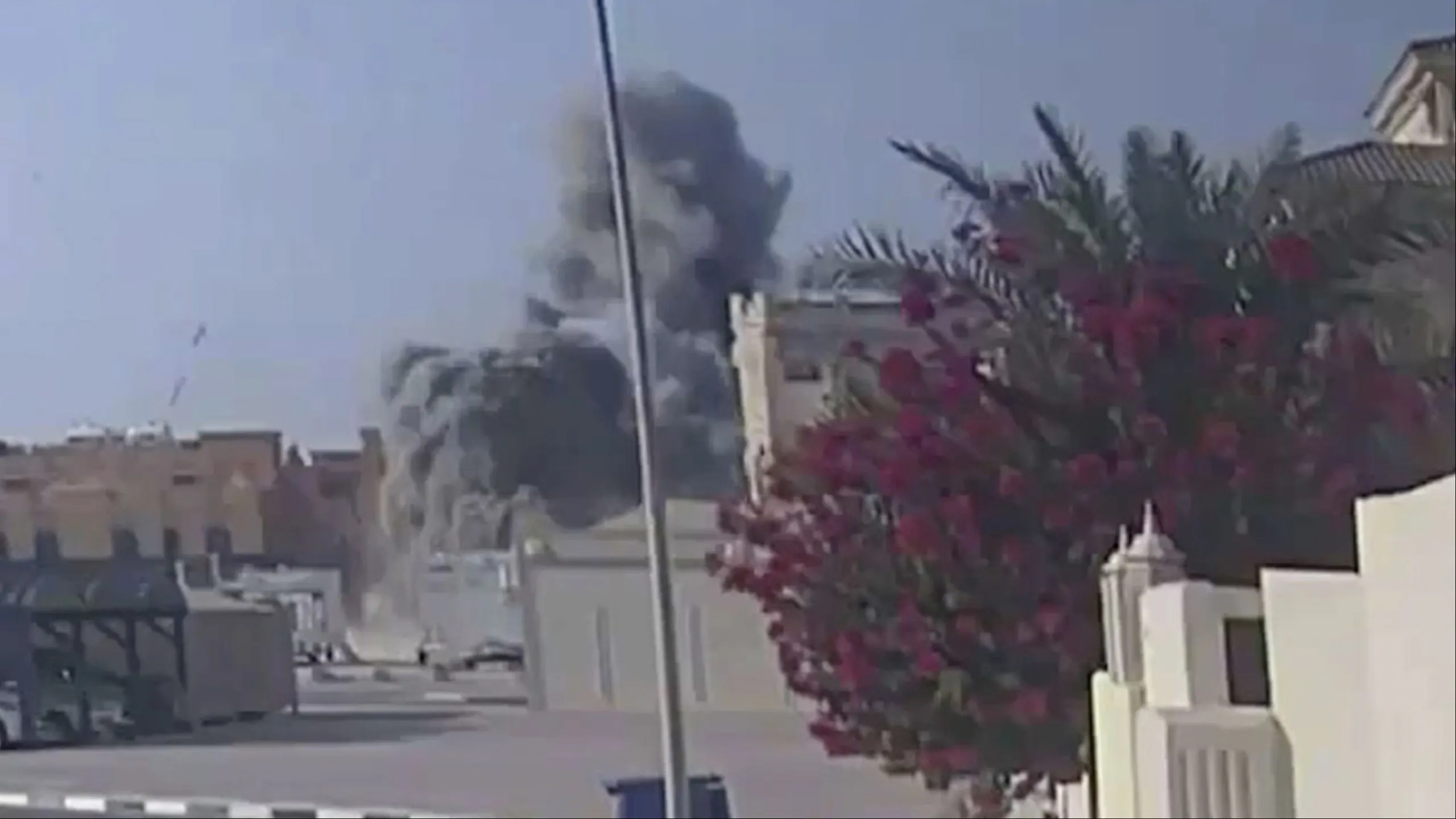JERUSALEM — Israel’s strike against Hamas leadership in Qatar may have been the best shot at resetting negotiations with the terror group, an Israeli military expert says.
Israel struck a building in Doha on Tuesday afternoon in an attempt to kill senior Hamas officials who had gathered to discuss a U.S.-backed ceasefire proposal. It remains unclear how effective the Israeli strike was. Israel has not made an official determination on the success of the strike. Hamas has said that while the strike killed six – including top aides to senior Hamas leaders – the leadership team remains fully intact.
If Israel’s strike was successful, it may allow outside Arab states to assemble a new Hamas leadership team, one more open to negotiation while having more authority over a terror group that has suffered heavy losses over the course of its two-year war against Israel, according to Eyal Pinko, a senior research fellow at the Begin-Sadat Center for Strategic Studies in Israel.
“Hamas is really a fiction because after [Hamas leader Yahya Sinwar] and all the other leaders in the Gaza Strip that were killed, Hamas was divided into five [factions],” Pinko said in an interview with the Jerusalem Press Club. “They are fighting each other, and sometimes I do believe that they are hating each other much more than they hate Israel.”
Egypt and Qatar, the main Arab state mediators in discussions between Israel and the terror group, may be able to install the next leaders of Hamas who will attend negotiations, Pinko said. Outside the influence of Iran, the next Hamas negotiators could be more amenable to a ceasefire agreement that could secure the release of the 48 remaining Israeli hostages.
Ceasefire negotiations have been stalled for months because of the terror group’s factionalism and its unwillingness to give up hostages — its most effective bargaining piece.
“I think this situation, it’s the same, but while nothing [was] going anywhere with the negotiation before yesterday, I think now the ability of Qatar to put someone that is really relevant and can push and can be under the sole control of Qatar without Iran — and this is the critical point, without Iran — it can be, I think, that much more can be achieved in this negotiation,” Pinko said.
Historically, Hamas has been slow to recognize when its leaders have been killed. Gaza leader Khalil al-Hayya was one official targeted in the strike, and neither he nor others have been seen in public since. The Hamas official was not seen at the funeral of his son, who was identified as one of those killed in the strike.
The strike kicked off a round of condemnations against the Jewish state and earned a public rebuke from the White House as President Donald Trump said he is “not thrilled about the whole situation.” Trump pledged that such an attack “will not happen again on [Qatari] soil.”
Some of the president’s reaction may be more for public effect. Israel likely received approval to conduct the strike in Qatar, and may have allowed more notice to Qatar than has been publicly acknowledged, Pinko told The Daily Wire.
In the immediate aftermath, Qatar condemned the attack as a “blatant violation of all international laws and norms.” Qatar’s Prime Minister Sheikh Mohammed bin Abdulrahman Al Thani on Thursday, however, said that Doha was committed to the peace process.
“Israel is trying to rearrange the region by force,” the premier told a meeting of the UN Security Council. But “we will continue our humanitarian and diplomatic role without any hesitation in order to stop the bloodshed.”
The Israeli attack came days after Trump publicly demanded that Hamas negotiate a release of the 48 hostages or suffer “consequences.”
“Everyone wants the Hostages HOME. Everyone wants this War to end! The Israelis have accepted my Terms. It is time for Hamas to accept as well. I have warned Hamas about the consequences of not accepting. This is my last warning, there will not be another one!” Trump posted.

.png)
.png)

